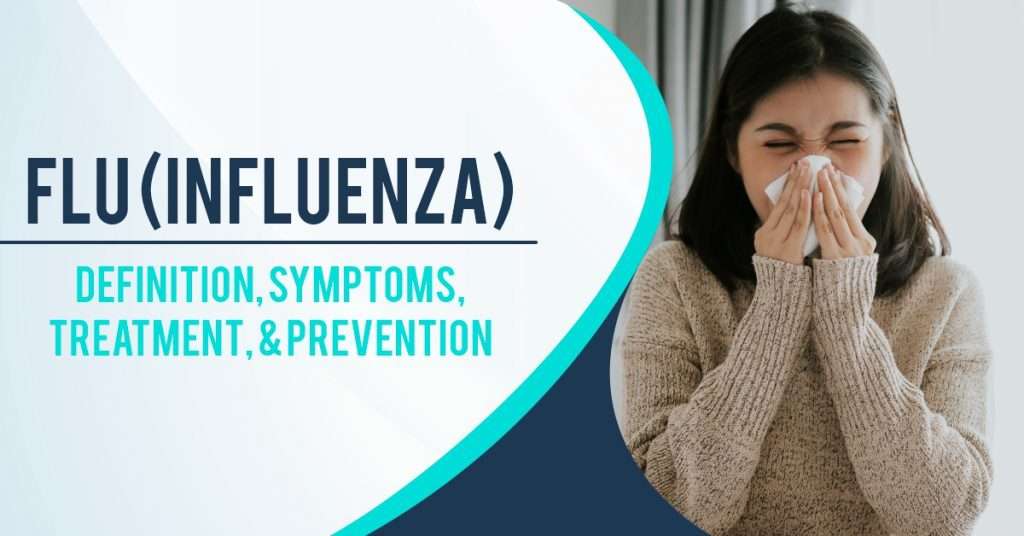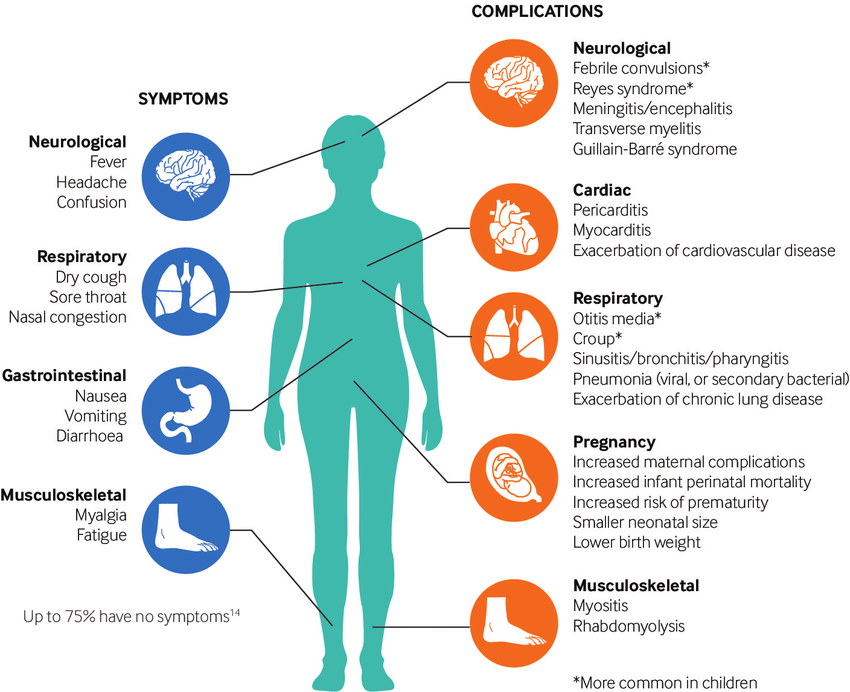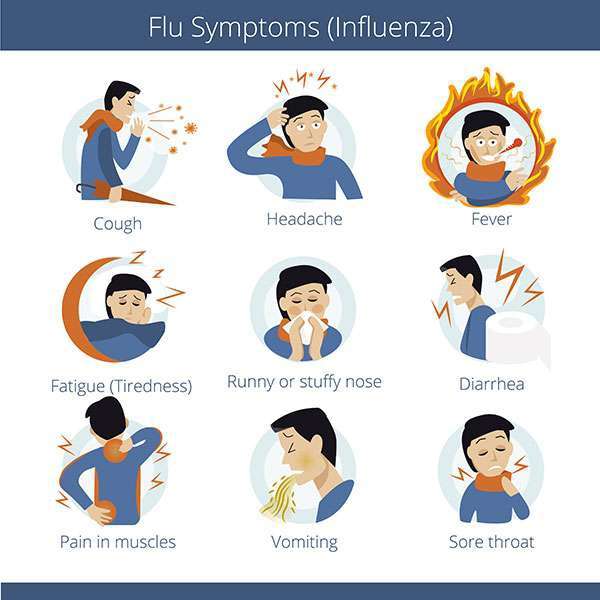Title: Influenza: Signs, Symptoms, Causes, Risk Factors, Diagnosis, Prevention, Diet, Lifestyle, and Homoeopathic Treatment
Introduction:
Influenza, commonly known as the flu, is a highly contagious viral infection that affects the respiratory system. It can cause mild to severe illness and even lead to complications. Understanding the signs, symptoms, causes, risk factors, diagnosis methods, prevention strategies, diet and lifestyle considerations, and the potential role of homoeopathic treatment is crucial for effectively managing influenza. In this blog post, we will explore the key aspects of influenza and its holistic approach to treatment.
Signs and Symptoms of Influenza:
1. Fever: High body temperature, often above 100°F (38°C).
2. Cough: Dry or productive cough.
3. Sore throat: Irritation or pain in the throat.
4. Nasal congestion: Stuffy or runny nose.
5. Body aches: Generalized muscle or body aches.
6. Fatigue: Feeling tired and weak.
7. Headache: Aching or pounding head pain.
8. Chills: Shivering or feeling cold.
Common Causes of Influenza:
Influenza is caused by influenza viruses, specifically influenza A and B viruses. These viruses are highly contagious and can spread through respiratory droplets when an infected person coughs, sneezes, or talks.
Risk Factors for Influenza:
1. Age: Young children, older adults, and individuals with weakened immune systems are at higher risk of developing severe complications from influenza.
2. Chronic medical conditions: Individuals with chronic conditions like asthma, diabetes, heart disease, or weakened immune systems are more susceptible to severe influenza infections.
3. Pregnancy: Pregnant women have an increased risk of complications from influenza.
4. Occupational exposure: Healthcare workers and individuals in close contact with infected individuals, such as in crowded settings or during travel, are at higher risk.
Diagnosis of Influenza:
Influenza is often diagnosed based on symptoms and clinical evaluation. However, certain tests can confirm the presence of the influenza virus, including:
1. Rapid influenza diagnostic tests: These tests detect viral antigens and provide results within a short time.
2. Molecular tests: Polymerase chain reaction (PCR) tests are more accurate and can identify the specific type of influenza virus.
Prevention Strategies:
1. Vaccination: Annual influenza vaccination is recommended for everyone aged 6 months and older.
2. Hand hygiene: Wash hands frequently with soap and water for at least 20 seconds, or use hand sanitizers.
3. Respiratory hygiene: Cover the mouth and nose with a tissue or elbow when coughing or sneezing, and dispose of tissues properly.
4. Avoid close contact: Limit contact with individuals who have flu-like symptoms.
5. Clean and disinfect: Regularly clean and disinfect surfaces and objects that may be contaminated with the influenza virus.
Diet and Lifestyle Considerations:
1. Stay hydrated: Drink plenty of fluids, such as water, herbal teas, and clear broths, to stay hydrated.
2. Eat a balanced diet: Consume a nutrient-rich diet with fruits, vegetables, whole grains, and lean proteins to support overall immune health.
3. Rest and sleep: Get adequate rest and quality sleep to support the immune system's ability to fight off infections.
4. Manage stress: Engage in stress-reducing activities like exercise, meditation, or hobbies to support overall well-being and immune function.
Homoeopathic Treatment for Influenza:
Homoeopathic treatment for influenza focuses on relieving symptoms, supporting the immune system, and promoting recovery. Some commonly used homoeopathic remedies for influenza include:
1. Oscillococcinum: A popular remedy for flu-like symptoms, such as body aches, chills, and fatigue.
2. Eupatorium perfoliatum: Useful for flu with intense body aches, high fever, and soreness.
3. Gelsemium: Indicated for flu with weakness, fatigue, headache, and chills.
It is important to consult a qualified homoeopathic practitioner for an accurate diagnosis and individualized treatment plan based on your specific symptoms and overall health.
Conclusion:
Influenza can cause significant illness and disruption in daily life. By understanding the signs, symptoms, causes, risk factors, prevention strategies, diet and lifestyle considerations, and considering homoeopathic treatment as a complementary approach, individuals can effectively manage influenza and support their recovery. Remember to consult healthcare professionals for an accurate diagnosis and to create a comprehensive treatment plan tailored to your specific needs.



Leave a Message